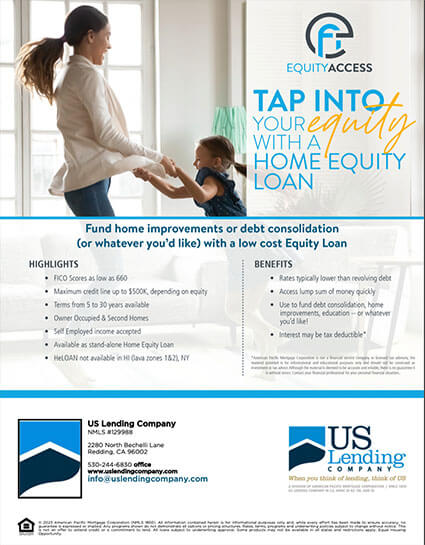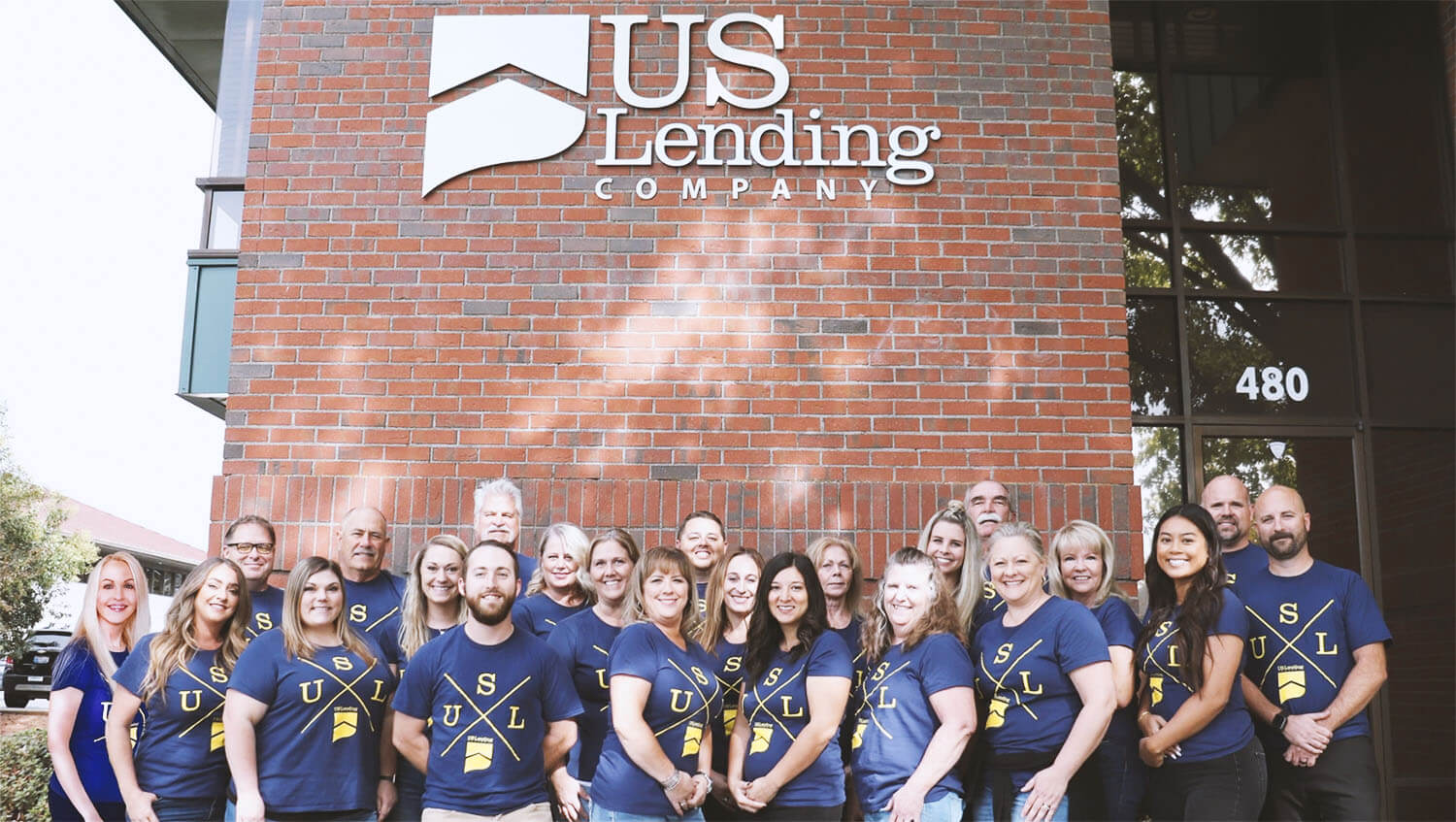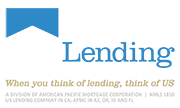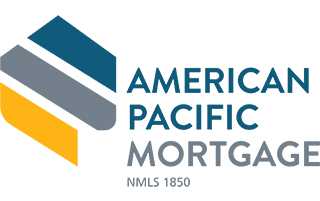A Guide to Debt Consolidation Loans
The Home Equity Line of Credit (HELOC)
Consider a HELOC if you need cash but have a good rate on your first mortgage and don’t want to pay high credit card interest. HELOCs use your home equity, which you’ve built up through consistent monthly payments. Make your equity work for you.
A home equity line of credit (HELOC) is a loan where you use your home as collateral, but only borrow what you need and pay interest on what you use. It is different from a second mortgage, which is a lump sum with a set payment schedule.
HELOCs have two phases: a draw period where you can borrow up to your credit limit and pay interest only on the outstanding balance, and a repayment period where you pay off the balance owed.
HELOCs offer the advantage of having funds available when needed, with interest only paid on the amount withdrawn.
The HELOAN (Second Mortgage) Option
A second mortgage, also called a home equity loan (HELOAN), is another choice to consider. This type of mortgage has a fixed interest rate and usually lasts for 15 years.
Unlike a HELOC, which provides a revolving credit line, a HELOAN is a fixed home loan. At closing, you’ll receive a check for a specific amount, and the rate and payments will remain constant.
For more information – download the flyer!
Cash-Out Refinance
Cash-out refinancing allows homeowners to access the equity in their homes and use the funds for various purposes such as paying off debt, financing home improvements, or investing in other properties. This is a popular option because mortgage refinance rates are typically lower than those for credit cards and personal loans.
What is the process of a cash-out refinance?
A cash-out refinance involves borrowing additional funds beyond what is currently owed on your mortgage, resulting in a larger loan amount. The difference between the new loan and the previous amount is given to you as a lump sum of cash.
This differs from a rate and term refinance, which allows you to refinance only the amount owed on your mortgage plus any applicable fees. A rate and term refinance is typically used to lower the interest rate or modify the loan term.
Consolidating debt through a mortgage refinance can have multiple benefits. It can improve your credit score by reducing outstanding debt and lowering monthly payments.
Additionally, consolidating high-interest credit card debt into a lower-interest loan can save money in the long term.
Get your FREE Cash-Out Refi PDF!
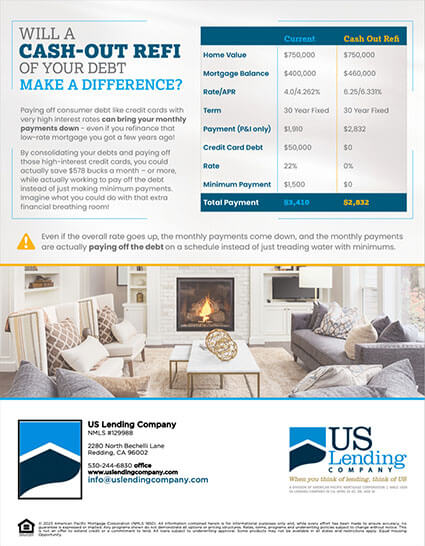
Advantages Of Utilizing Home Equity For Settling High-interest Debts.
Using home equity to pay off high-interest debt can provide several benefits.
- It allows for faster debt repayment due to lower interest rates, leading to significant savings in interest payments over time.
- It can improve credit scores and provide opportunities for better loan terms in the future.
- Thirdly, it frees up extra money for savings and emergency funds.
- Fourthly, it provides financial security and peace of mind.
- Fifthly, it simplifies the payment process by combining all debts into one payment with a more favorable fixed interest rate.
- Lastly, it eliminates compounding interest on credit card debt, which can add up to significant savings.
Overall, leveraging home equity can be a wise move for those with substantial debt and built-up equity.
Factors to Keep in Mind When Opting for a Refinance.
Refinancing to access home equity has its drawbacks. Consider the following effects:
- Higher monthly mortgage payments.
- More mortgage interest.
- Loss of deductibility.
- Long-term commitment,
- Closing costs.
It’s important to weigh the benefits against the costs to ensure it’s the right move for your financial future.




